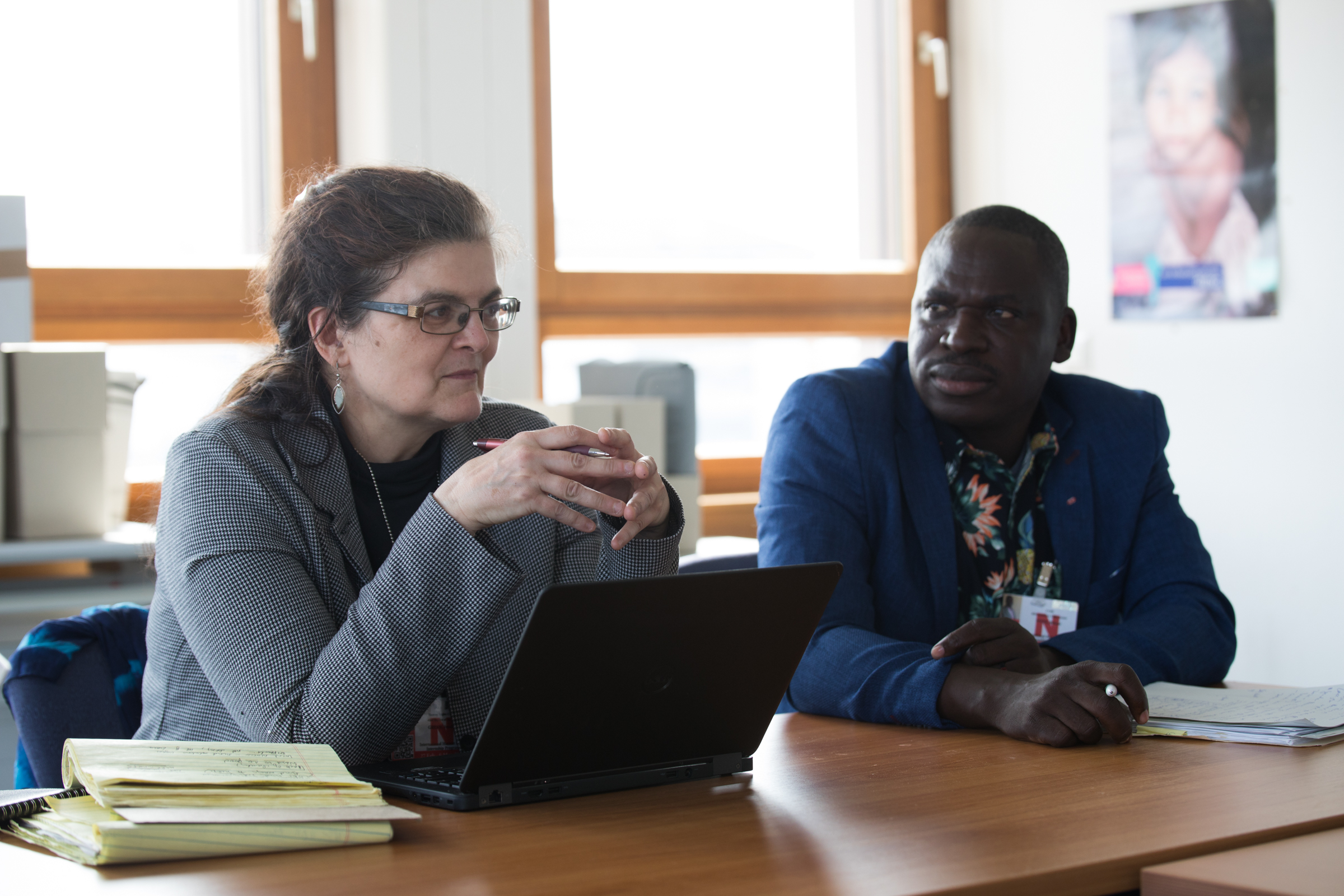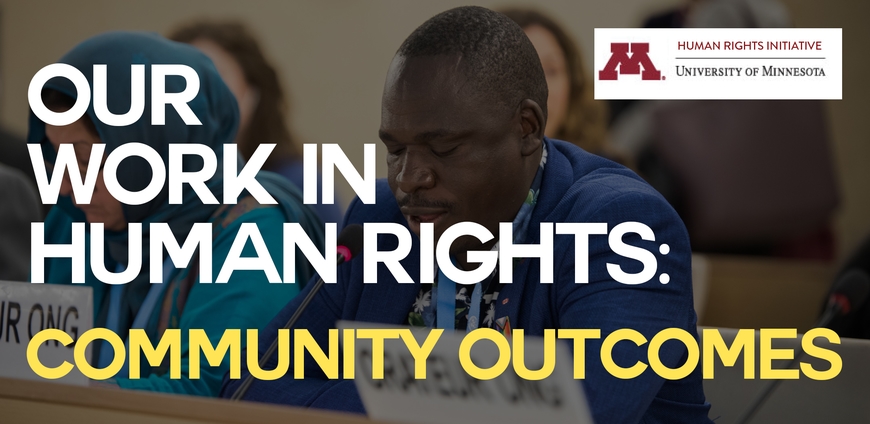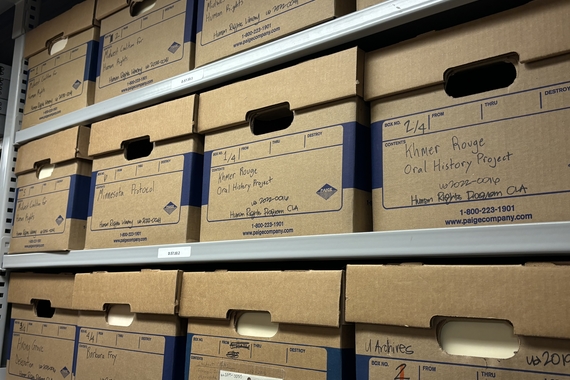Our Work in Human Rights: Community Outcomes
We believe that academic research has little value when it's not applied to better the world. For this reason, The Human Rights Initiative places an enormous emphasis on supporting projects that work in partnership with on-the-ground organizations and real-life communities that are impacted by these issues, and that can guide the research in ways that are most beneficial to them. This direct engagement oftentimes results in measurable outcomes for these communities.
An example of one HRI project achieving a tangible community result was Jennifer Green (Law) and Janet Walsh’s (Humphrey School) project “Advancing Respect for LGBTQI+ Rights Through the United Nations Human Rights Framework.” In March 2020, an interdisciplinary team from the University of Minnesota along with a key advocate from Kenya, Brian Okollan, traveled to Geneva for sessions of the UN Human Rights Committee and UN Human Rights Council where they lobbied for the rights of LGBTQI+ refugees.
The dynamic team, made up of students and faculty—and joined by Alum, HRC donor, and advocacy partner Charlie Rounds of Mossier and ORAM—met with various UN bodies and international NGOs throughout the week. This work included meetings with members of the Human Rights Committee, the UN Special Rapporteur on the Right to Privacy, key staff of the Independent Expert on Sexual Orientation and Gender Identity, the UN Office of the High Commissioner for Human Rights Kenya desk officer, and representatives of numerous NGOs, including the International Gay and Lesbian Association.
Kenyan advocate Brian Okollan was also able to testify on the floor of the Human Rights Council about LGBTQI+ rights and the right to privacy.
Ultimately, the team’s key advocacy goal in relation to the Human Rights Committee was successful: Violations of LGBTQI+ rights were included on the “List of Issues'' to be presented to the Kenyan government at its reporting session before the Committee. The Kenyan Government will be requested to discuss the experiences of the LGBTQI+ community on housing, health care/medical attention, education, and the rights of refugees and asylees.
In addition to this significant step of requiring the Kenyan Government to answer to this issue, the project also resulted in deepened university relations with LGBTQI+ refugees and community partners working directly with this population in and around the Kakuma Refugee Camp and in Nairobi.
Learn more about the Human Rights Initiative and its results and tune in for the next installment of this series.




